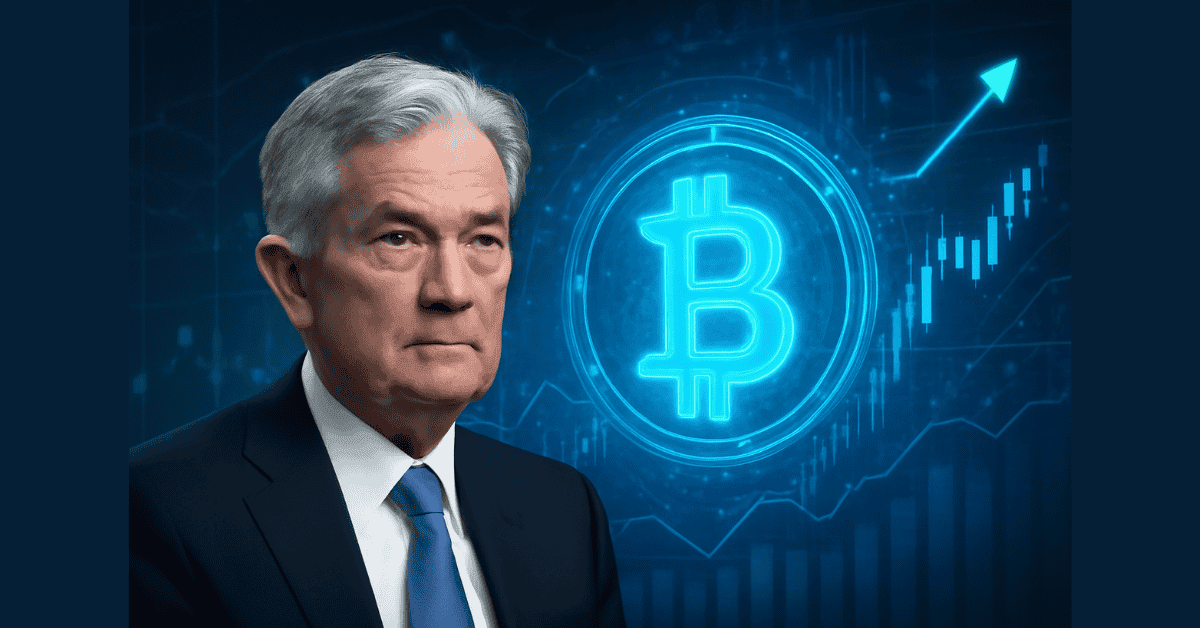
Jerome Powell and His Impact on the Crypto Market
Jerome Powell – one of the most influential figures in global monetary policy – is not only recognized as the Chairman of the U.S. Federal Reserve (FED), but also as a key voice in discussions surrounding cryptocurrencies. With the power to steer fiscal policies and control interest rates – two core factors affecting the value of digital assets – Powell has significantly influenced the direction of the crypto market in recent years.
1. Interest Rate Policies and Ripple Effects on Crypto
During the COVID-19 crisis, Powell led the FED to implement large-scale monetary easing policies: cutting interest rates nearly to zero, purchasing massive amounts of bonds, and injecting liquidity into the financial system. These measures unintentionally became catalysts for a strong surge in the crypto market. Bitcoin, Ethereum, and many altcoins saw record-high price increases between 2020–2021, fueled by cheap capital and growing demand for alternative assets.
However, when inflation began to spike in 2022, the Powell-led FED shifted to a hawkish monetary policy – raising interest rates 11 times within 16 months. Rates jumped from 0.25% to 5.75%, putting immense pressure on risk assets, including cryptocurrencies. Major coins suffered sharp declines from their peaks, plunging the crypto market into what’s known as the “crypto winter.”
2. Jerome Powell’s Views on Cryptocurrencies
Powell does not outright reject cryptocurrencies – but he maintains a cautious stance. In several congressional hearings, he compared crypto to gold, calling it an asset whose value relies more on investor confidence than intrinsic worth. He has also highlighted the risks within the blockchain space, including fraud, money laundering, and illicit activities – clarifying the FED’s position that crypto must be strictly regulated.
3. Central Bank Digital Currency (CBDC): Opportunities and Challenges
Under Powell's leadership, the FED has begun exploring the possibility of issuing a Central Bank Digital Currency (CBDC). However, the process remains in the research and public consultation phase. Powell has stated that any decision related to CBDCs would require congressional approval – reflecting a cautious and transparent approach from the Federal Reserve.
4. The Future of Crypto: Dependent on FED Policy?
The volatility of the crypto market cannot be separated from the monetary policy decisions of the FED – especially with Powell still at the helm. If the FED signals interest rate cuts, crypto could experience a strong rebound. Conversely, if hawkish policies continue or stricter regulations are introduced, further market weakness may be inevitable.